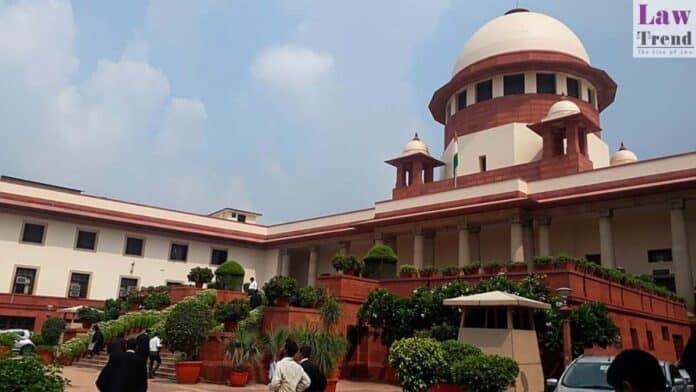In a significant ruling, the Supreme Court of India reaffirmed the legal principle of the “double presumption of innocence” while overturning the conviction of two men accused of murder in the case Ramesh and Another v. State of Karnataka (Criminal Appeal No. 1467 of 2012). The bench, comprising Justice Sanjay Kumar and Justice Aravind Kumar,
To Read More Please Subscribe to VIP Membership for Unlimited Access to All the Articles, Download Available Copies of Judgments/Order, Acess to Central/State Bare Acts, Advertisement Free Content, Access to More than 4000 Legal Drafts( Readymade Editable Formats of Suits, Petitions, Writs, Legal Notices, Divorce Petitions, 138 Notices, Bail Applications etc.) in Hindi and English.




